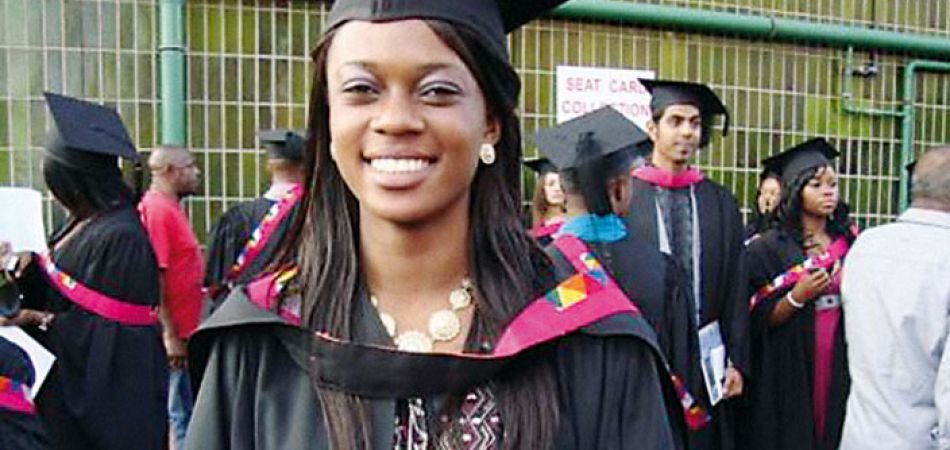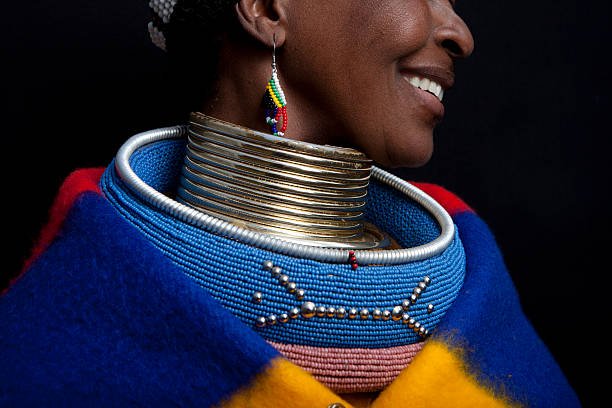Since 1992, the Albert Einstein German Academic Refugee Programme (DAFI, referred to by its German acronym Deutsche Akademische Flüchtlingsinitiative) has provided scholarships to more than 6.000 deserving refugees worldwide to study at universities in their host country and, more recently, in their country of origin upon return. Financed by the Government of Germany, DAFI has been and remains a unique opportunity for refugees to continue higher education while outside their country of origin. Through scholarships for university education, DAFI contributes to the search for durable solutions for individuals of concern under UNHCR’s mandate, who through this support have been enabled to provide vital support towards the reconstruction of conflict affected countries.
Albert Einstein German Academic Refugee Programme (DAFI) has pioneered a new approach, moving beyond basic education by opening up access to tertiary education and developing highly qualified human resources in situations of displacement.
This focus has lead to a wider recognition of the potential of academic education for refugees.
As the annual competition for scholarships is very high, only refugees who fulfil established criteria can be admitted to the programme.
DAFI scholarships are provided strictly for one academic year at the time. Extension is subject to demonstration of satisfactory performance and availability of funds.
Frequently asked questions about the DAFI scholarship programme:
Who can apply for Albert Einstein German Academic Refugee Programme (DAFI)?
- In order to be eligible, candidates should normally meet all of the following criteria:
be in possession of a valid refugee permit/section 24; - have successfully completed secondary school with grades above the average standard;
- have no other means of support for tertiary education studies;
- should be below 35 years old for undergraduate studies and below 40 years old for Master’s studies;
must be admitted at a government owned institutions for full time studies and should have obtained a letter of admission or provisional admission letter; - study courses, such as medicine or engineering, are exceptionally granted on a case-by-case basis and normally only to students who have demonstrated outstanding academic performance.
What are the requirements and priorities in the DAFI Scholarship Programme?
- Priority is given to refugees with specific needs, such as refugees with disabilities.
- Women are encouraged to apply in order to achieve gender-balance;
- The student’s proven academic performance;
Students who had to interrupt their studies due to flight, and who possess proof of previous university or college studies in their country of origin are encouraged to apply; - No more than one scholarship will be provided to a single refugee family;
- Students who choose shorter and less costly courses from Government institutions with high chances of employment will receive a higher consideration in the selection;
- Students attending courses from private institutions will not be considered;
- Supporting documentation such as previous educational qualifications, a copy of valid refugee permit, letter of admission from a government institution must be attached to the DAFI application form.
Will I be entitled to a DAFI scholarship if I meet all the selection criteria?
- Due to funding constraints, the number of scholarships is limited;
- Qualified candidates who are not selected to join the DAFI programme are encouraged to take initiatives for identifying alternative sponsorships.
What are the selection procedures?
The selection process normally involves several steps:
- Applications are received up to the fixed deadline and assessed for compliance with the criteria;
- Those who meet the basic criteria are screened in line with the requirements and priorities outlined above and shortlisted;
- Shortlisted candidates are submitted by UNHCR’s Partner StudyTrust to a panel consisting of representatives from UNHCR, Deutscher Akademisher Austausch Dienst (DAAD), German Embassy, UNICEF and UNISA upon request;
- Short listed candidates are called for an interview by the panel which normally takes place in October;
Selected candidates are informed by telephone and in writing by the end of October of the Committee’s decisions; - The list of successful applicants for the 2018 bursary will be made available at the StudyTrust office, UNHCR offices, and at UNHCR partners’ offices (list attached).
- Due to the large number of applications, StudyTrust will not be able to inform all applicants who have not been selected.
How many students can benefit each year in South Africa?
The number of scholarships available each year depends on the funding available.
What costs does the scholarship normally cover?
Annual registration/tuition fees;
Annual book allowance;
A monthly subsistence allowance covering basic expenses, such as food, local travel and rent during the semester.
DAFI Monitoring
StudyTrust monitors DAFI students’ academic performances with the respective institution at least twice a year and takes appropriate action when required.
Under which circumstances is the scholarship terminated?
- Upon completion of studies, i.e. at the month of graduation from university or the educational institution;
- Continuous poor academic performance and failure to produce academic records at the end of a semester;
- Fraud, malpractices and dishonesty at examinations, or fraud on enrolment or receipt of multiple scholarships.
Can I apply for post-graduate studies?
Post-graduate studies such as M.A., M.Sc., and some postgraduate diploma courses are generally not supported under the DAFI programme. Post-graduates are encouraged to search for other sources of funding to sponsor the continuation of their academic studies.
Will DAFI help me to find an Internship or employment after completion of studies?
DAFI has limited options to guide refugee students in finding an internship or employment. Students are encouraged to on own initiative contact the career counselling services at their institutions, private sector companies and to make use of opportunities the internet provides.
The DAFI Programme may continue providing subsistence allowances to current DAFI students who have found internships on their own initiative subject to available funding.
How do I apply?
Download the 2019 application form here.
Since 2014, the DAFI scholarship programme is implemented through StudyTrust. It is the same DAFI scholarship programme implemented previously by UNHCR directly.
NOTE: All applications should be delivered directly to StudyTrust, 10B Clamart Road, Richmond, Johannesburg.
Email: dafi.applications@studytrust.org.za
Fax: 086 563 7495






